Scholar Spotlight - Maria Valenstain
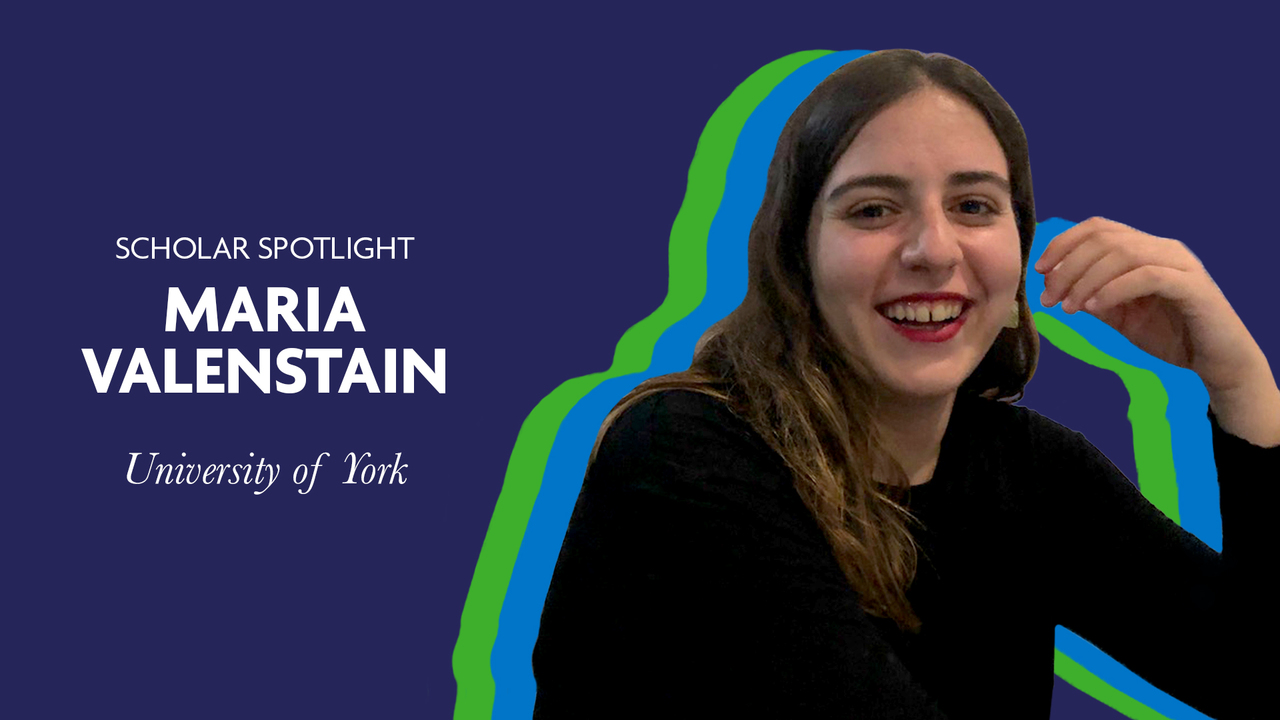
Discover more Scholar Spotlights.
Maria Valenstain, a University of York Laidlaw Scholar and Social Sciences Subject Lead, on educating children about environmental responsibility, and being kind to yourself.
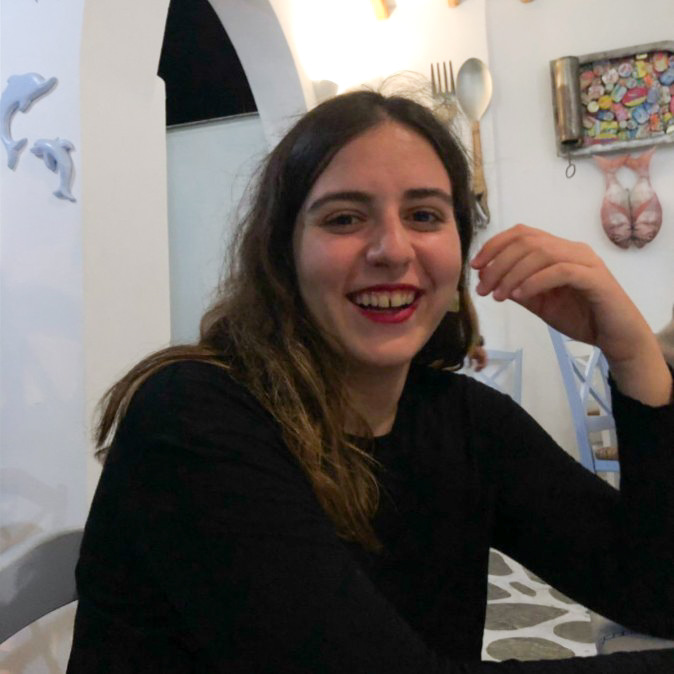
Last summer, I researched climate policymaking from the philosophical-theoretical lens of existentialism to explore the ideas of collective and individual responsibility when it comes to combating climate change. I looked at climate policy documents from several climate conferences to assess ideas regarding collective responsibility, as well as blog posts from individuals to assess notions of individual responsibility through thematic analysis. I also investigated whether the practical contribution of philosophy in our societies could pave the way for more effective climate policies in the future.
This summer, however, my research is taking a different turn as I want to emphasize the real-world impact that it can have. I am aiming to focus on the ways in which it is possible to cultivate notions of both collective and individual responsibility to fight against climate change in schools in the early years. I am also aiming to design digital educational resources about climate change and the environment in collaboration with schools in my local area that have been negatively affected by the pandemic.
Where did your passion for this research originate?
My passion for this research originated when I realised how severe the climate crisis is and how many communities may be negatively impacted in the future if no action is taken against it. The fight against climate change is not an equal fight as many communities and individuals will be disproportionately affected because of their socio-economic circumstances. I realised that to fight against climate change, we also have to fight against inequality and injustice. When I was at school, I was disappointed by the lack of educational resources regarding environmental accountability and responsibility. It is paramount for schools to foster a culture of respect and responsibility towards the environment, especially in the students’ formative years. I want to contribute to this cause in any way I can and this is why I decided to explore this topic.
What is the most memorable moment from your Laidlaw scholarship experience?
The most memorable moment from my Laidlaw Scholarship experience so far is definitely the moment I completed the first summer of research! I started my research in the middle of a pandemic and it was definitely a challenge because I couldn’t meet my supervisor in person and the rest of Laidlaw Scholars. However, because of the Laidlaw community's support and help from my supervisor, everything turned out okay. After 6 weeks of intensive research, I was really proud of making so much progress with my project, even though I had to conduct research remotely. I think that every Laidlaw Scholar who started their research in Summer 2020 must be especially proud of themselves, since we had to navigate through new and unprecedented circumstances!
What is the biggest challenge you came across in your research and leadership journeys, and what did you learn from it?
One of the biggest challenges for me was learning how to be kind to myself when something didn’t go as planned. As a person, I have a specific idea of how I want things to turn out and if that doesn’t happen, I feel that I have not succeeded. However, life doesn’t work like that, and I am so grateful that the Laidlaw Scholarship taught me such an invaluable lesson!
What does it mean for you to be a Laidlaw Scholar?
For me, being a Laidlaw Scholar means first and foremost being curious, open and ready to question our beliefs and biases about the world. Being part of the Laidlaw community has helped me gain an insight into diverse opinions, experiences and impactful research. Therefore, being a Laidlaw Scholar also means being part of this open community that is built on ideas of inclusivity, respect and curiosity.
Which particular leaders inspire you the most and why?
My mum of course! My mum is a piano teacher and teaches music to young children. I am always inspired by how much love she has for her work and how she manages to make her students fall in love with learning and music. My mum has taught me that if you have passion for what you’re doing, you can absolutely make an impact in your community!
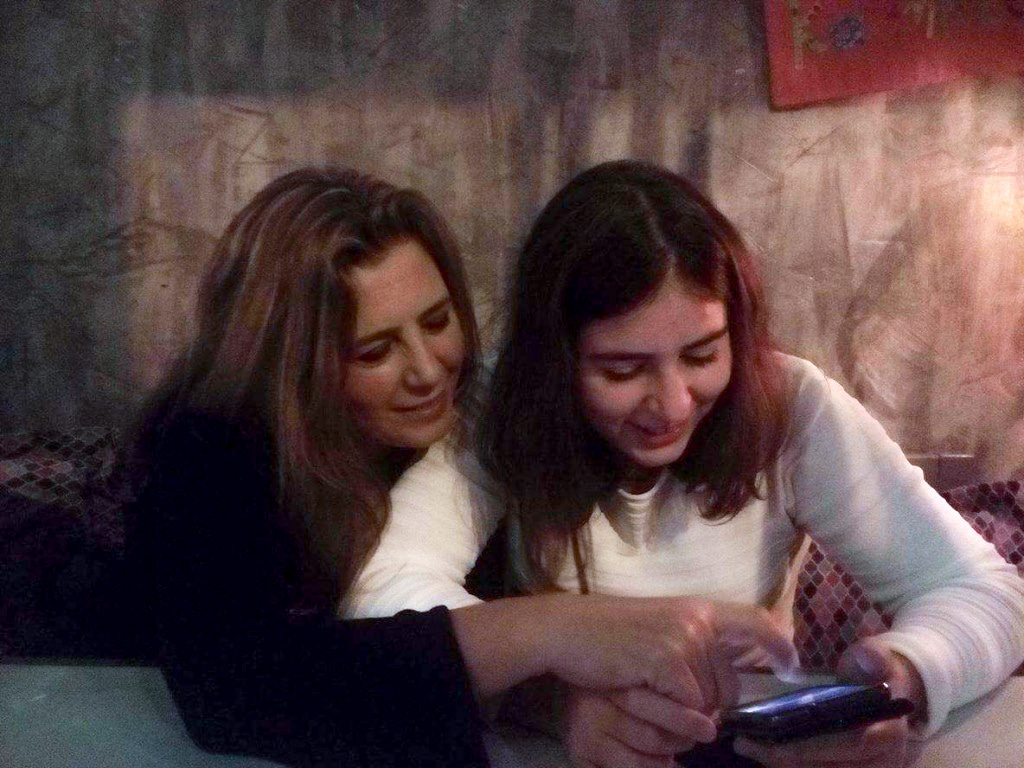
Briefly describe a scene from the future you are striving to create.
I don’t think the future that I am envisioning is something that I can achieve by myself - it needs our whole society's collective effort. I would like to see a future where people do not suffer because of their socio-economic position, gender, sexual orientation, race, etc. However, for this to happen, we would all have to actively reevaluate the systems we sustain and the beliefs that we have internalised. I think education, curiosity and critical thinking are a good place to start!
Quick-fire Questions
📺 Currently Binging: BoJack Horseman

🎵 My quarantine anthem: Because by The Beatles
📚 My top book recommendation: Lord of the Flies by William Golding
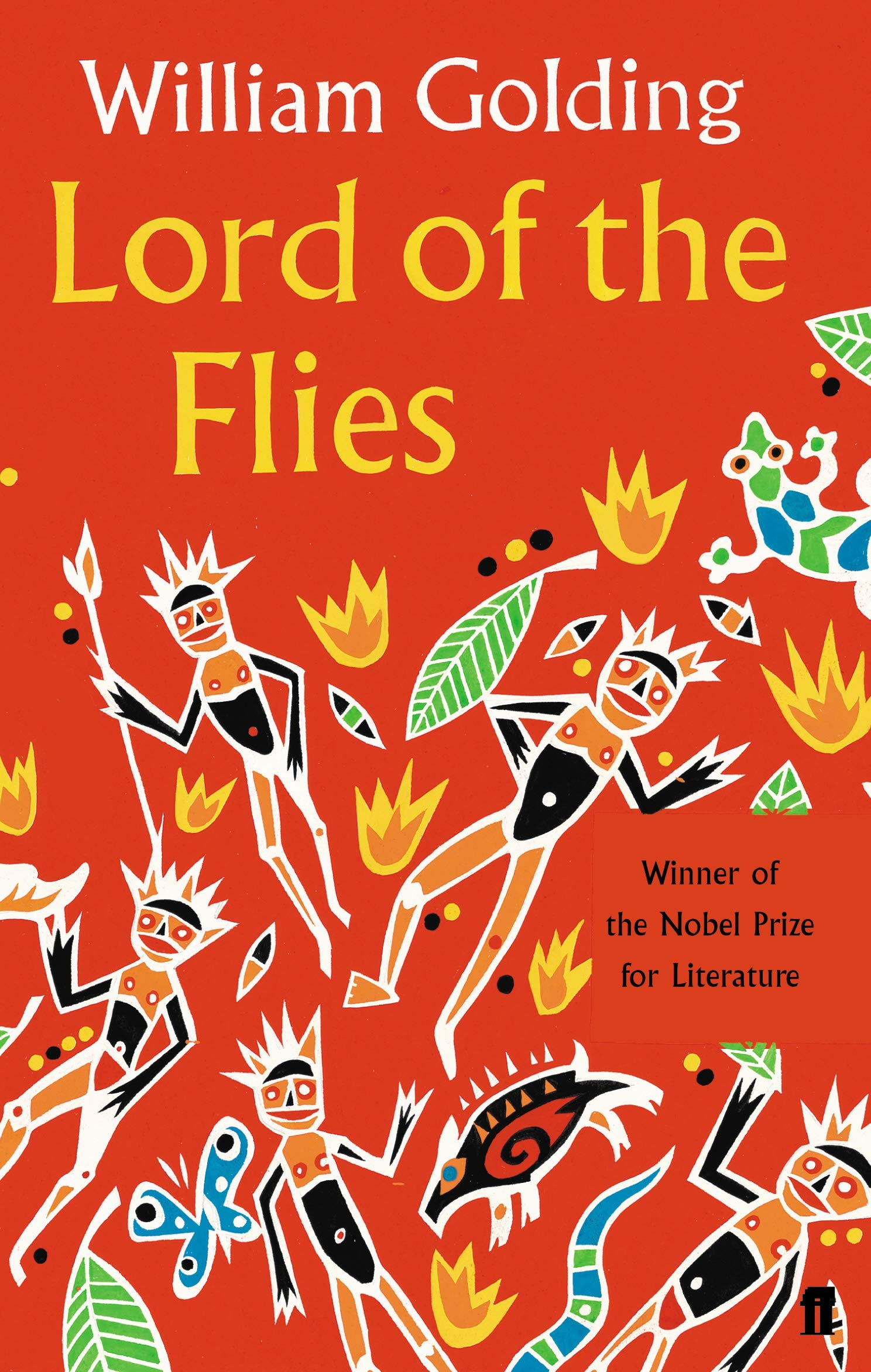
🎧 Podcast obsession: Growing With The Flow with Nayna Florence
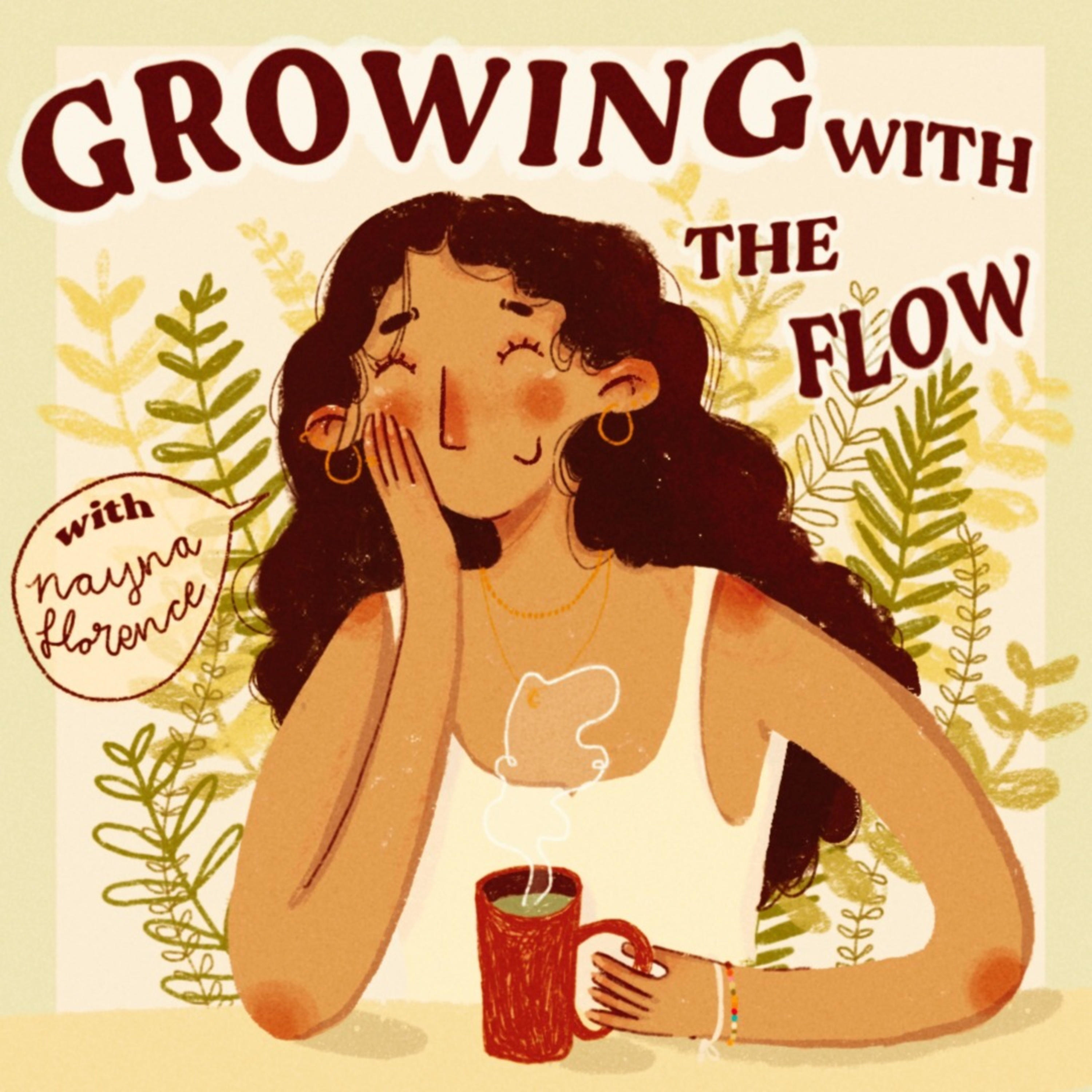
🌈 Something that made me feel joy recently: Taking a walk with my best friend!
Maria is the Social Sciences Subject Lead. Join the community for regular networking sessions, engaging discussions, and all-around support.
🔦 Discover more Scholar Spotlights:
- Brandon Yu (University of Toronto) on his research "The effects of N-acetylglucosamine (GlcNAc) on B-cell activation" and launching his startup, iAscend.
- Jieran Sun (The University of Hong Kong) on recovering rare books and medieval manuscripts, and clearing your emotional rent.
- Cath Brislane (University of York) on investigating rare language sounds, transparency in leadership and the glamorisation of overworking.
- Inkindi Mutoni Sabine (University of Rwanda) on developing a phone-detecting technology to help students focus on their studies, and leading the STEM subject community.
- Emma Franck-Gwinnell (Durham University) on making businesses take action against modern slavery, and co-leading the Laidlaw Alumni Society.
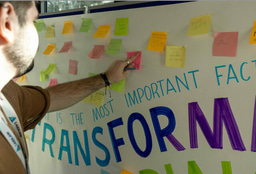
![[CLOSED] Apply to Become an Advisory Board Member](https://images.zapnito.com/cdn-cgi/image/metadata=copyright,format=auto,quality=95,width=256,height=256,fit=scale-down/https://images.zapnito.com/users/290982/posters/b494a8a5-ced0-489b-9b26-6c4da797bedf_medium.jpeg)


Please sign in
If you are a registered user on Laidlaw Scholars Network, please sign in